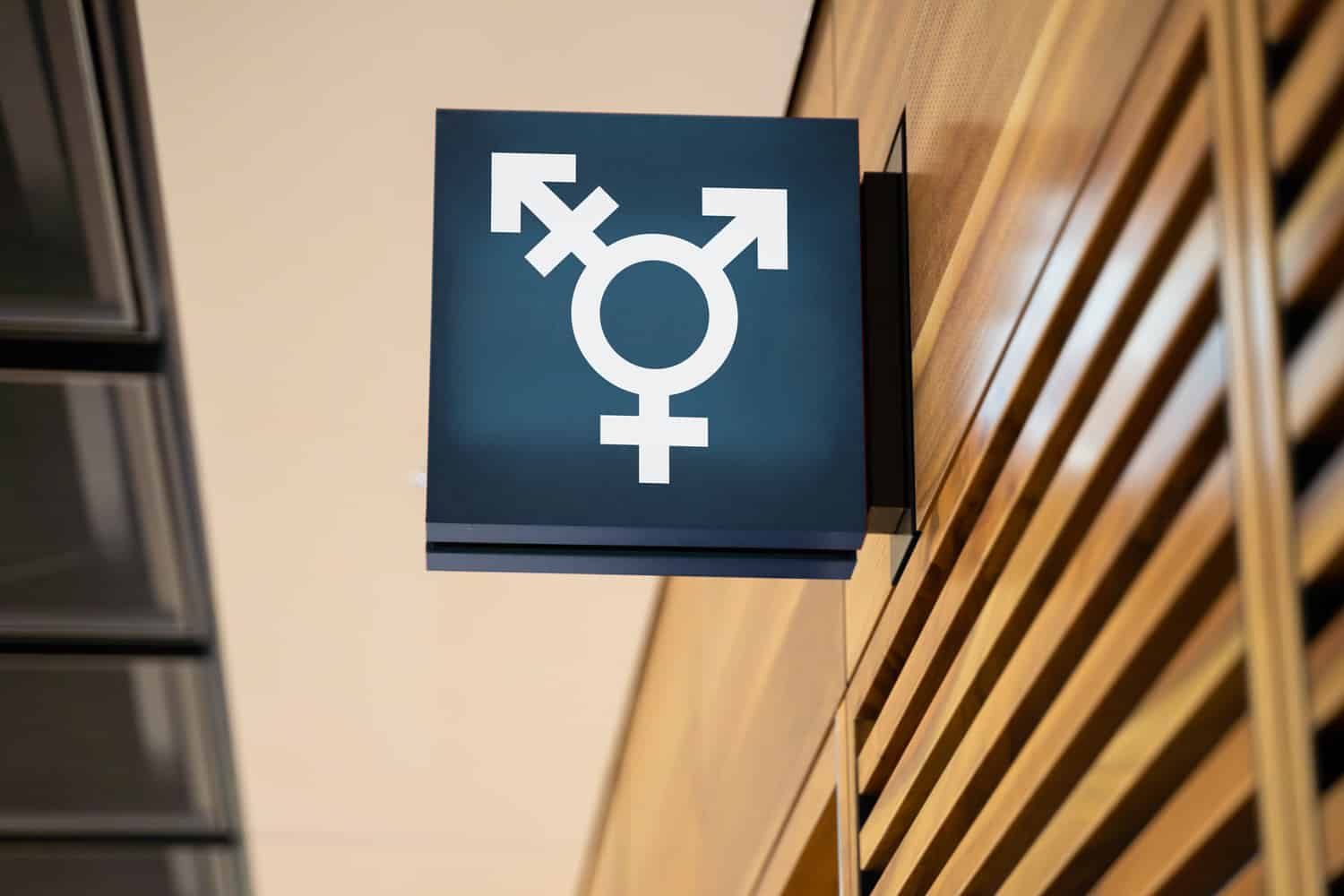Women will have to mentor each other because men feel threatened by the passing on of knowledge to a woman who might one day take their place.

Sisters definitely have to do it for themselves, particularly in the business and academic world, because men will not relinquish their power positions easily, says Professor Boitumelo Diale, vice-dean and head of department in educational psychology at the University of Johannesburg.
Women will have to mentor each other because men feel threatened by the passing on of knowledge to a woman who might one day take their place.
Diale said: “The growth and pace of women empowerment, especially after democracy, is still very small and the narrative of women always having to struggle needs to end.”
Executive director in education and programmes at Johannesburg Business School Tumisang Nkosi said although there was continued progress in institutions, there was still a lot of work to be done.
According to Nkosi, stats revealed a five percent increase in the representation of women of colour in organisations … which reflected little to no improvement. She said women still felt gender had been a barrier to advancement, plus microaggression.
ALSO READ: Putin explains his reasons and goals of ‘special military operation’ in Ukraine to Ramaphosa
“This was the case before we had Covid and is still an issue now. However we owe it to the next generation to bring about change,” she said.
While it was important to explore the history of the institutions and establish their post-apartheid transformation policies, advisor in higher education professional development at Stellenbosch University Dr Jean Lee Farmer said the number of black women in South Africa who acquired undergraduate degrees had increased more than any other population group.
Farmer said, however, they remained underrepresented in senior academic and management positions in the country’s higher education institutions.
“Historically, black South African pupils received separate schooling and less funding for education from the apartheid government than white pupils.
“Black women have also been historically and culturally marginalised in their families and society.
“Despite legislation to support transformation, black women remain the most marginalised.”
Nelson Mandela School of Public Governance communications manager and advocate for woman empowerment Petunia Thulo said the struggle of black women in South African academia is a major issue, as women rarely make it through.
Finding out how many black women have made it beyond undergraduate should be essential.
“There are quite a lot of things as which women have to work twice as hard to achieve, reflecting the difficulty to be seen and acknowledged in that space,” she said.
“There are still a lot of bias problems within boardrooms and research teams. The odds always seemed against, firstly being black, then being a woman.”
Thulo added it was important that institutions established constructive mentoring programmes from secondary level to higher ranks as this build-up would bring about sustainability to that approach. She said these could be good projects which needed to produce tangible results.
ALSO READ: Valentine or swindler? Online dating and fraud on the rise
“More black females will come into that space. I cannot imagine a more progressive country and healthier society without women in leadership positions,” she said.
“Equal opportunities are very important [but] have become farfetched. More conversations are necessary to figure out how to introduce young black females into the academic space and ensure those projects are long-term.”






